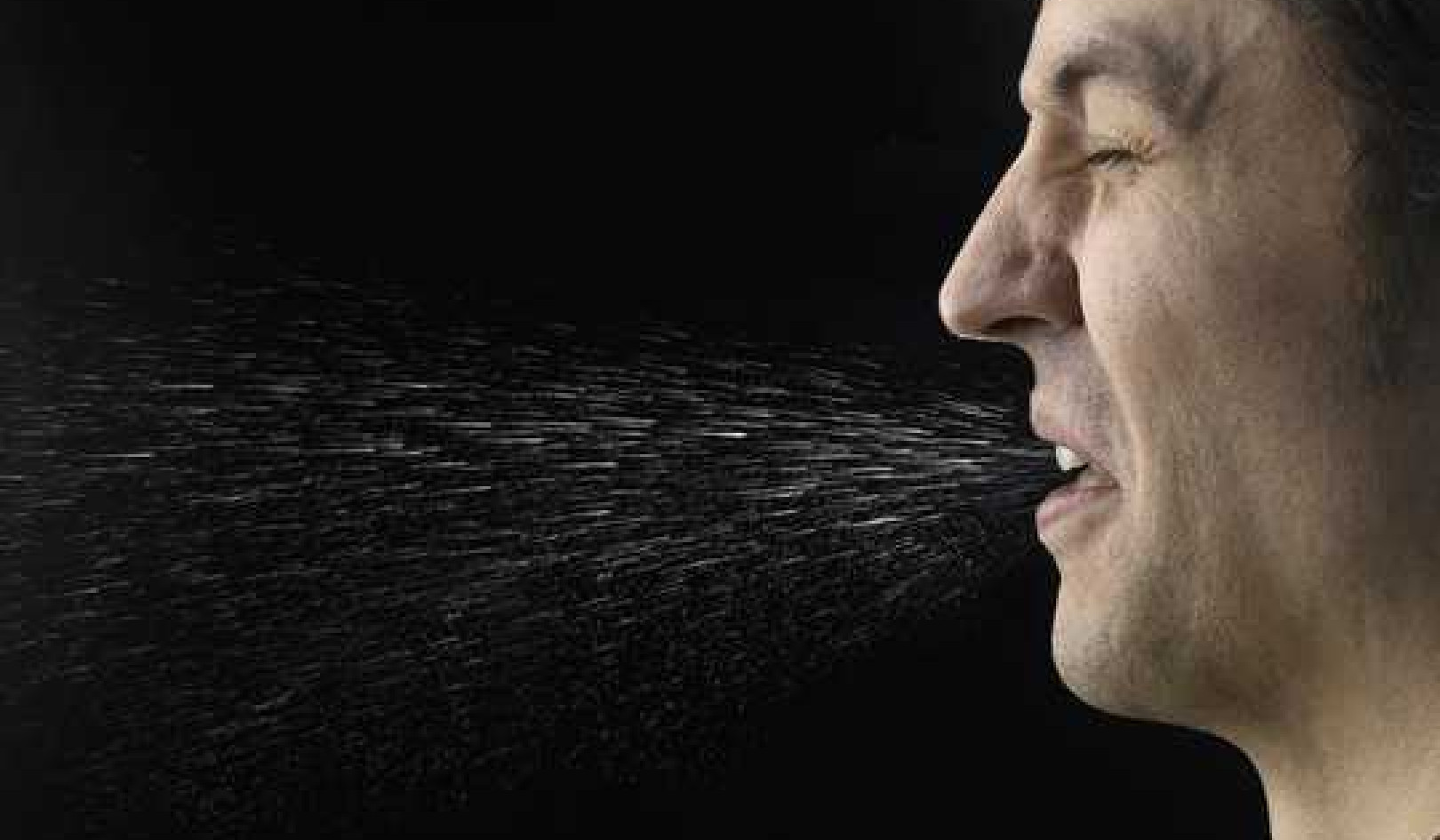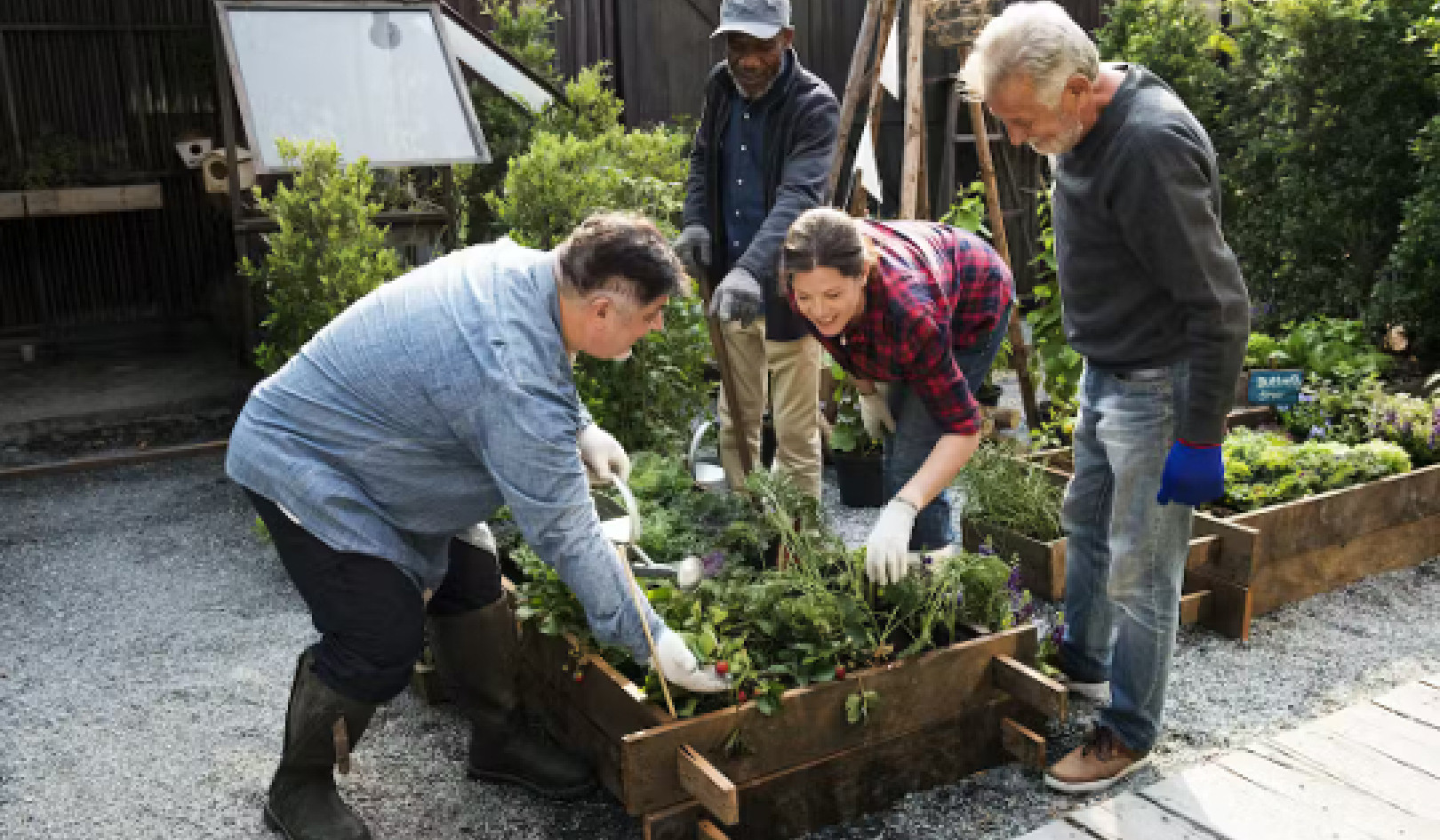
Women are amazing. Maybe I’m a little biased as I am a woman, but I see women juggling a life of menstruation, pregnancy, birth, menopause, housekeeping, work, raising, children, and on, and on, and on. People like to say that it’s not as hard as women have made it out to be, but give those nay-sayers a gaggle of kids, menstrual cramps, and our daily to-do list, and they’ll be singing (or screaming) another tune.
Yep. Being a woman ain’t easy. That’s why we need all the help we can get. Today, I’m going to share some of the many herbal friends that a woman can make pals with.
Stress & Fatigue
Juggling any combination of work, cleaning, cooking, child rearing, planning, and relationships is bound to stress a person out. This can become an enormous problem, because stress and fatigue can send us spinning on a downward spiral with poor sleep, unhealthy eating and exercise habits, depression, and major health problems. This is no way for someone to spend their life.
Women should be leading amazing lives and making the most of their time. We need peace and energy just as much as the big people and little people in our lives. Therefore, a little herbal energy and anxiety relief is a daily must for every woman.
* Adaptogens: When it comes to stress, adaptogenic herbs are herbal angels. One of the most famous and revered adaptogens is ashwagandha on India. Ashwagandha is cherished for its reputation with enhancing energy, immunity, calm mood, and supporting liver health. Rhodiola, astragalus, holy basil, hyssop, ginseng maitake and reishi mushroom, ginseng, and licorice root can also help us in managing stress and fatigue.
* Nutritive Herbs: Nutrition plays a vital role in energy and body function, so fatigue can only benefit from nutrient-dense herbs. Nutritive herbs like oatstraw, alfalfa, nettle, red clover, and dandelion offer minerals that our body needs to perform at its best. Fatigue resulting from low iron levels can get a big boost from iron-rich dandelion and yellow dock. To get the most from these herbs, opt for an infusion (it’s just like tea, but it uses a larger amount of herbs and is steeped for longer).
* Mothering: The herbs above can work wonders as daily tea, but while you’re brewing your morning cup, don’t forget to take a few minutes to kick your feet up. Take a break from all the doing, planning, worrying, and guilt, and enjoy life a life. Even a nap! We can all appreciate mothering. Mothers especially.
Menstrual Cramps
Cramps may not be a big deal in our teens and 20s, but poor diet, aging, and childbearing can turn menstrual cramps into uterine torture. Reproductive issues like endometriosis, ovarian cysts, and uterine fibroids can turn menstruation into a debilitating chronic pain condition. Extreme pain obviously warrants help from a legit professional; however, it’s nice to have herbal remedies on hand that can offer pain relief without damaging the liver (unlike pain medications).
* Pain Relief: Willow bark is a wonderful all-around pain reliever. It contains salicin, which acts much like it’s cousin acetylsalicylic acid (the active ingredient in aspirin). Medicinal plants that can help pain while supporting reproductive health include cramp bark, squaw vine, black haw, black cohosh, chamomile, and fennel. They relieve cramping by relaxing the uterine muscle.
* Uterine Support: Wild yam and motherwort can ease tension and pain like the herbs above. In addition, they can strengthen and revitalize the uterus. Red raspberry leaf is especially capable of strengthening the uterus.
Menorrhagia
Heavy menstrual bleeding is generally connected to a hormonal imbalance or a physical issue with the reproductive organs. Making blood stains a thing of the past will obviously require the evaluation and proper treatment of a medical professional. Luckily, there are natural ways for us to reduce the intensity, duration, and pain of menstrual bleeding.
* Herbal Astringents: Astringent herbs have a tightening effect on tissues and blood vessels. Thanks to that, they can help reduce blood flow and strengthen circulatory system. Herbs such as shepherd’s purse, cinnamon, hibiscus, nettle, yarrow, and the Ayurvedic herb shatavari, are subscribed by herbalists to reduce bleeding and to treat the issues which can cause menorrhagia.
* Iron-rific Herbs: Nettle and yarrow are even more essential to heavy bleeders because they are both rich in iron, and they help enhance the body’s absorption of iron (just like the dandelion in your yard). You may already know that low iron levels can cause anemia, but not as many people know that it can cause fatigue. Low iron means low hemoglobin, which means poor oxygen and circulation. Iron is a must for all women, but especially women with menorrhagia.
Hormonal Imbalance/Infertility
The wise people of times past spoke of a need for balance in all things. Hormones are no exception. Estrogen, progesterone, luteinizing hormone, follicle stimulating hormone, and even testosterone provoke different phases of the menstrual cycle. When hormones go out of whack and go untreated, it can lead to ovulation disorders like Polycystic Ovarian Syndrome, growths like fibroids and cysts, and functional issues like endometriosis -- all leading causes of infertility. Whether we need to boost fertility or heal our body, there are herbs which can help us get our hormones back on track.
* Endocrine Supporting Herbals: Vitex -- a.k.a. the chaste berry -- is the herbal star of fertility. Vitex works directly with the pituitary gland, which is responsible for regulating the functions and hormonal processes of various parts of the body. Other herbs which can help support proper hormone production include maca, alfalfa, eleuthero, ashwagandha, and schisandra.
* Information And Support: Once you’ve gotten a solid evaluation from a quality practitioner, you can get even more info on natural ways to balance hormones and enhance womb health. For insights on fertility and reproductive health, I can personally recommend reading posts from the certified herbalists at Natural Fertility Info, Melissa (Endometriosis conquistadora) of Endo Empowered, and Donielle (mother and PCOS conqueror) of Natural Fertility And Wellness.
Wound Healing
We can all appreciate having healing herbs on hand for everyday cuts, burns, and scrapes. However, women who find themselves among the millions recovering from c-sections, hernia repair, gallbladder removal, fundoplication procedures, tumor removal, and tubal ligation (getting “tubes tied”), will be looking for a stronger and safety-assured mode of healing. Open wounds absolutely require special and specific guidelines to prevent infection and complications, but there are herbal remedies which can be used to assist in healing.
* Vulnerary Herbs: Long ago, our ancestors were picking calendula, comfrey, plantain, and yarrow and creating herbal poultices for wounds. These vulnerary herbs aid healing because they act either as astringents (very helpful for bleeding), antimicrobials (hello healing, goodbye infection), anti-inflammatories (to soothe swelling and pain), or do all of the above. Other vulnerary-worthy herbs include lavender, geranium, and frankincense. Depending on what your doc thinks is best, they can be bought as salves, powders, oils, teas, or tinctures.
* Essential Oils: Essential oils are especially helpful in healing as they’re highly-concentrated and are quick to be absorbed and take effect. Essential oils lavender and helichrysum can fight off microbial infection while reducing inflammation (pain and swelling) and enhancing the healing process. Resin-based oils frankincense and elemi assist the healing process and encourage healthy tissue growth.
* Healing Methods Of Application: Hydrosol? DIY essential oil spray? Herbal supplement? Powdered poultice? There are many healing options which pack many benefits, but these powerful healing options should be used wisely and knowledgeably. Minor cuts differ from open wounds, burns, rashes, and deep gashes. Before you go out and buy anything, you should consult with your practitioner. See how your doc feels about these herbal options, and get details on how you should apply them, where you should apply them, and what form you should use them in (ie. tincture, capsule, tea, salve, or essential oil).
Pregnancy & Postpartum
Today’s woman is expected to go through pregnancy and birth with zero complaints, then immediately “bounce back” while managing baby, nursing, cooking, cleaning, and whatever else she has to juggle. In other cultures and times, this was not the case. Pregnant women were encouraged by family, friends, and neighbors to relax, eat well, and do gentle and healthy exercise. After birth, they were given healing foods and herbs while they spent days or weeks in bed bonding and nursing their little one.
Pregnancy, birth, and the postpartum period are a time which should be honored and revered. It is also a time which should be cherished. Just what that would look like in today’s world has yet to be determined, but there are herbs and medicinal plants which can help mama with health, healing, and happiness.
* Herbs For Pregnancy: If you only use one herb during pregnancy, make it red raspberry leaf. This simple tea has the ability to tone the uterus, which may lead to a shorter and more effective labor. Red raspberry leaf can also help the uterus after birth by reducing the pain and duration of the postpartum contractions which slowly bring the uterus back to its normal size. It’s mineral content also make it wonderful for breastfeeding. Fellow nutritive herbs oatstraw, alfalfa, dandelion, and nettle can also ease pregnancy issues through their minerals.
* Postpartum Healing: Labor may get all the attention, but healing from childbirth is a whole other beast. The time after birth should be a time to bond and relax, so a healing plan is just as important as a birth plan. Anti-inflammatory medicinals like lavender, helichrysum, and frankincense do an amazing job with healing because they can reduce swelling and pain, and enhance cell regeneration. You can make your own herbal goodies, but if you prefer to buy your own, I can personally recommend Honey And Sage’s Postpartum Care Kit, the Belly Balm and Sitz Herbs from Green Goo, and Mountain Rose Herbs oils, liniments, and salves (All three companies are woman-owned, use organic ingredients, and make quality products that meet my kinda-obscenely-high standards -- they’re worth checking out).
* Emotional Well-Being: Remember when I said being a woman isn’t easy? Well, nothing initiates a women into the the challenges of womanhood better than new motherhood. For stress and anxiety, look to nervine herbs like chamomile, lemon balm, skullcap, catnip, and oat tops, which help to soothe and support the nervous system. The adaptogens and hormone balancing herbs discussed above so can also be used to keep stress and fatigue at bay. If sleeplessness is interfering with mental/emotional well-being, mothers struggling with sleep can get help from passionflower, hops, and chamomile (sedatives as well as nervines), and catnip and fennel (tried-and-true remedies for colic). But remember, you don’t want to start brewing tea until you’ve checked with an herbalist or your personal practitioner. Breastfeeding mothers especially.
* Breast-ly Herbs: Women who want to promote breast milk production can get help from a steaming cup of galactagogue herbs like alfalfa, fenugreek, fennel, milk thistle, and goat’s rue encourage. Many of the nutritive herbs mentioned for fatigue can also aid breastfeeding mothers by enhancing the minerals and health benefits of breastmilk. Mothers looking to reduce milk production or wean, can find help in the cooking herbs sage and peppermint. All of these herbs are reputed to be safe for nursing mothers, but again, please run them by your practitioner just to be extra safe.
About the Author
 Ash Stevens is a writer who doubles as a wannabe nutritionist, philosopher, psychologist, and shaman. When she isn't writing her soul out on the web, she's listening to the great minds (or great comedians) on YouTube, soaking up sunshine, dancing in her living room, or having yet another fascinating conversation with herself (she gives excellent advice, you know). Check out her blog, or find her on Twitter or Facebook and make a new friend!
Ash Stevens is a writer who doubles as a wannabe nutritionist, philosopher, psychologist, and shaman. When she isn't writing her soul out on the web, she's listening to the great minds (or great comedians) on YouTube, soaking up sunshine, dancing in her living room, or having yet another fascinating conversation with herself (she gives excellent advice, you know). Check out her blog, or find her on Twitter or Facebook and make a new friend!
Related Book:
at

Thanks for visiting InnerSelf.com, where there are 20,000+ life-altering articles promoting "New Attitudes and New Possibilities." All articles are translated into 30+ languages. Subscribe to InnerSelf Magazine, published weekly, and Marie T Russell's Daily Inspiration. InnerSelf Magazine has been published since 1985.

Thanks for visiting InnerSelf.com, where there are 20,000+ life-altering articles promoting "New Attitudes and New Possibilities." All articles are translated into 30+ languages. Subscribe to InnerSelf Magazine, published weekly, and Marie T Russell's Daily Inspiration. InnerSelf Magazine has been published since 1985.

























